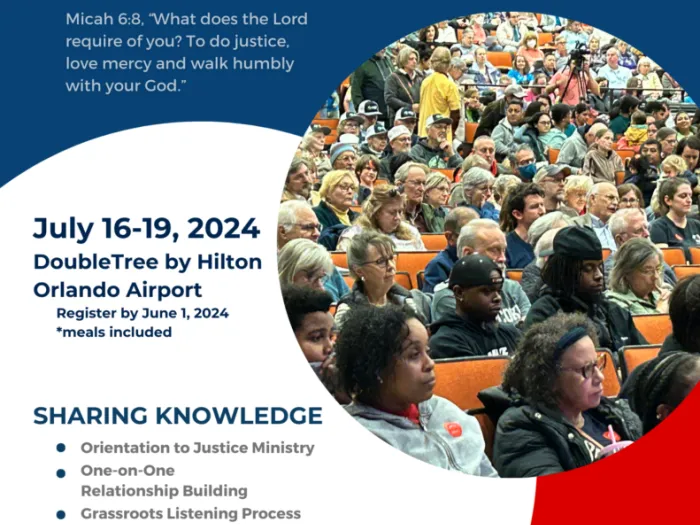
Presbyterians have been making statements about being careful of our use of natural resources since the 1950s. Particularly in the last few decades, churches, youth groups and families are becoming ever more mindful about our consumption and it's effect on God's creation. We encourage bringing cloth bags to the grocery store, toting around refillable water bottles and coffee mugs, and requesting no lids or straws for restaurant drinks when appropriate.
In 2008, the General Assembly passed a policy to encourage:
- Presbyterian congregations and individual members to highly encourage the use of non-disposable food service items, and to refrain from the use of disposable food service products, particularly styrofoam and other non-biodegradables; to use non-disposable bags for packing items purchased in the commercial market, and to refrain from using plastic bags; to choose tap or home or church-filtered water instead of bottled water or soda, and to refrain from purchasing those liquids in plastic bottles. Even though this represents only a part of what we can do to live in a more environmentally just manner, it is extremely important in beginning to live sustainable, healthy lives.

Prior to this policy, Presbyterians for Earth Care launched a no-bottled water campaign with many Presbyterian Women groups encouraging this idea as well. Meanwhile, in the last decade, Presbyterian Earth Care Congregations have been tackling these issues in their own congregations as well as bringing such ideas to presbytery meetings and conferences.
Two congregations that are encouraging members to think about plastic use as part of a Lenten discipline are Guilford Park in Greensboro, NC and Second Presbyterian in Nashville, TN.
How might you reduce, refuse and recycle plastic more in your own life, home, school, work place or church?
You may freely reuse and distribute this article in its entirety for non-commercial purposes in any medium. Please include author attribution, photography credits, and a link to the original article. This work is licensed under a Creative Commons Attribution-NonCommercial-NoDeratives 4.0 International License.




